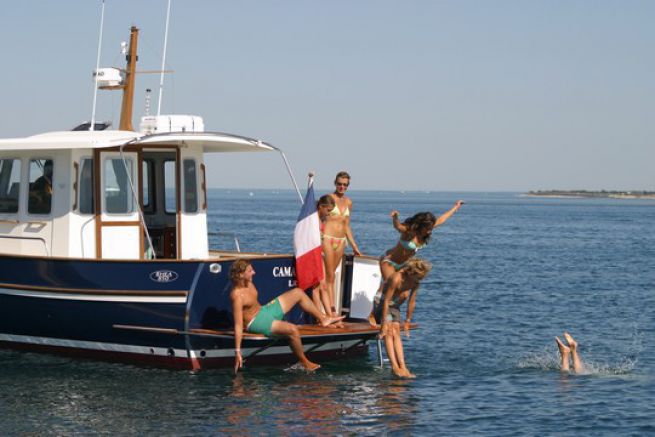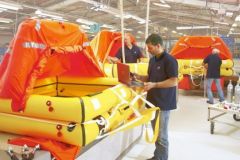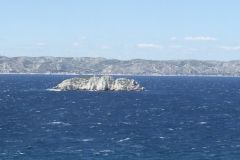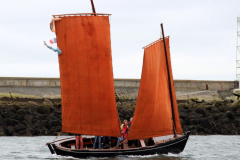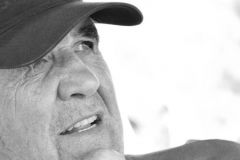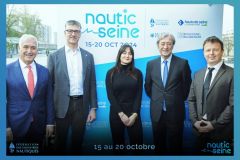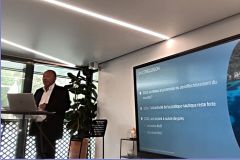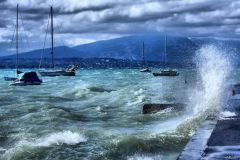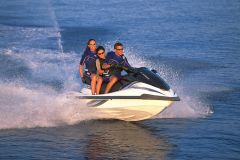This summer, the Bénéteau Foundation and FIN conducted a study among people who are sensitive to the world of boating but who do not own a boat, in order to better understand this population and to determine their expectations and projections.
A predominantly male population, under 45 years of age
This study took place between June and August on the three French coasts: Brittany and Pays de la Loire, Poitou-Charentes Aquitaine and Mediterranean. 1,178 people under 45 years of age, aware of the nautical universe (present in sailing schools, rental companies, nautical activity bases, boat license training structures, at the Nautical Festival) but not boat owners were interviewed. The target group was essentially male (67%), with an average age of 32.2 years, a fairly high professional category (42% CSP +), but also students (22%), single (56%) and without children (52%), and mostly from the French coast.
A panel that already practices sailing and/or motoring
Among the practices of this population, the majority practice water sports (55%) and sailing (44%). This is followed by motoring (38%), fishing (36%) and other water sports (12%). 92% of respondents cited 1 practice and the majority cited at least 2 practices. We can therefore see that 69% of the future boaters already practice sailing and/or motorboating.
On the sailing side, people sail on dinghies, keelboats, monohulls and multihulls of various sizes. On the motor side, zodiacs / semi-rigid boats, fishing boats etc. have been mentioned.
Currently, on the panel interviewed, 3 groups stand out in terms of the multiplicity of boating practices. 69% of the current boaters practice sailing and/or motoring and 72% of them also practice other nautical activities. Among the non-boaters but practicing other nautical activities, 23% practice water sports and fishing. Finally, 8% of the people present in places dedicated to boating do not practice any activity, a population notably more feminine, compared to the two previous categories.
Of those surveyed, 58% have completed their 1 era young maritime experience âeuros before 10 years âeuros in the field of yachting (61%) The 2 ème named practice is the activity of gliding (28%). Moreover, water sports are now part of the habits of the French, whether it is windsurfing, kitesurfing, jet-skiing, scuba diving or swimming.
How do future boaters see themselves in 10 years?
52% of those surveyed imagine themselves as boaters in 10 years and the 16% who do not plan to be boaters have no particular reason to do so (71%). For those who do, 27% would go boating every vacation period and 31% a few weekends a year, and the majority would spend one day (33%) on a weekend or short stay (31%).
Future boaters imagine themselves first and foremost owning their own boat (62%) or sailing on a rental boat (37%). Finally, 55% would practice on a sailboat and 37% on a motor boat.
What would need to be improved to make them practice?
For the vast majority of respondents, what could slow down their pleasure boating is the price (70%) but also the lack of time (53%). In order to encourage them to plan ahead, prices should be lower (66%) and they should have a travel plan (43%). Finally, for 61% of future boaters, they expect better harbor development and services in the harbors, but also a democratization of boating.
